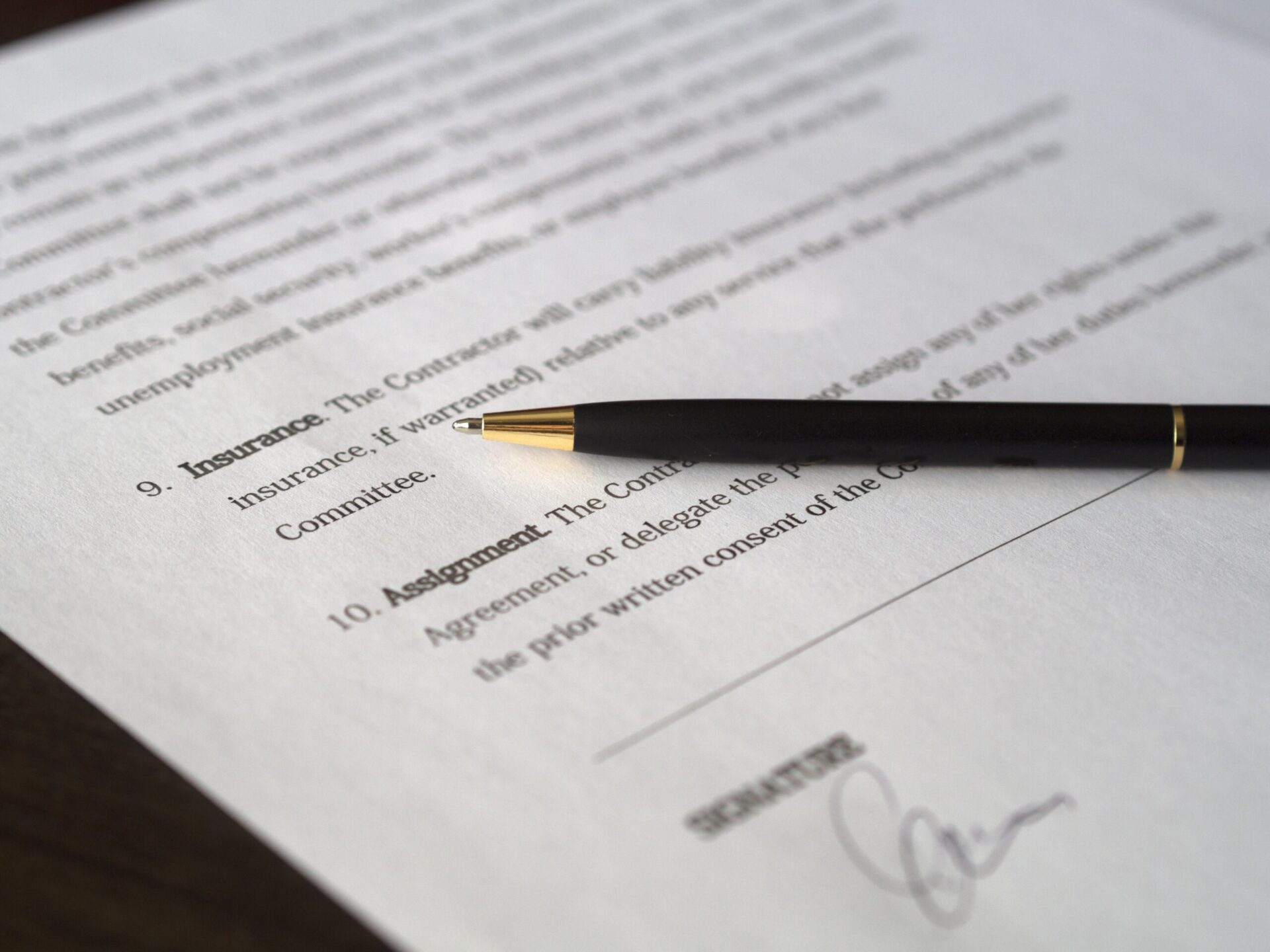Important Information To Know About Extended Warranty “No Claims” Refunds
Like most goods and services, extended warranty policies can come with the option of getting refunds.
However, extended warranties — especially automobile extended warranties — are unique entities and, as such, have unique characteristics regarding when and how refunds are available.
First, let’s consider how buying a warranty or insurance works. The losses of the few are paid by the many. This explains why no other kind of insurance product in Canada offers a refund after it expires— not home, life, or car insurance. If your warranty is an insurance policy and you must cancel well before it expires, you can get a portion refunded. If it’s a service contract, no refunds are generally available after 30 days.
But why are many automobile extended warranties eligible for a “no claims bonus” refund once they expire? Truth be told, the deck is stacked against you — let’s look at why.
Exclusions and eligibility
As with everything, it’s always important to read the fine print regarding exclusions and eligibility. The last thing you want is to think you’re still covered and make decisions based on that assumption, only to later discover that you were wrong. For example, many vehicle warranty policies have kilometre caps for refund eligibility. Once a kilometre threshold has been crossed, you are no longer entitled to a refund.
Inflated costs to purchase
Providers often incorporate the anticipated refund amount into the upfront cost when purchasing a warranty with an end-of-term refund. Essentially, they inflate the initial price to compensate for the future reimbursement you’ll receive at the warranty’s expiration. This strategy might seem advantageous at first glance, promising a return on investment down the road. However, it’s essential to recognize that this approach effectively means you’re overpaying from the outset merely to recoup a portion of your expenditure later on.
Claims erase your right to a refund
This one might seem obvious, but some people still miss it. For most policies, any time you make a claim, your chance to collect a refund at a later date is waived. Why? Because if a warranty provider has already paid you for a claim, your premium is considered to have been used up. Warranties often add a “no claims bonus,” hoping it will deter you from claiming small repairs. Will you decide not to make that $500 claim, hoping for a $1500 refund? What about the next time a breakdown happens and you didn’t claim the first one?
Check the timeframe limits
All policies with refund options at expiry have a timeframe for making the request, for example, 30 days after the policy has expired. Some companies may offer you something back if you miss this deadline, but not the full refund amount you would have otherwise entitled to.
You might have to commit to the car or dealership if you want a refund
According to a recent article by Autotrader, the average length of time a driver keeps a new vehicle is 72 months or roughly six years.
This is important to remember because many policies require you to keep your vehicle — and keep it safe — for the full term to be eligible for a refund. That means no sales or transfers, nor can the vehicle be written off. These requirements are red flags, as they suggest the company isn’t serious about refunding premiums — they fully expect you to lose your eligibility.
Additionally, the refund may come as a credit towards purchasing another vehicle or warranty from the same dealership. This limits your options for replacing your vehicle and locks you into a particular dealership or vehicle brand.
Pro-rata cancellations
How much refund you’re entitled to often depends on how much your policy has lapsed. For example, most insurance policies offer refunds on a “pro-rata” basis. The website Insuranceopedia gives a good example of how this works:
“A policyholder purchases a one-year policy for $1,000 but cancels it after six months. In a pro-rate cancellation, they would receive a refund of $500, equivalent to the remaining six months of coverage they forfeited.”
Service contract warranties don’t offer this feature.
Obvi extended vehicle warranty
At Obvi, we don’t offer an end-of-term refund bonus for our extended warranties for many of the reasons listed above. We believe in putting the lowest price upfront and providing the best possible coverage. We avoid annoying sales tactics and provide you with as much information as possible to make an informed decision.
If you have questions, contact us through our instant chat to connect with an agent.

